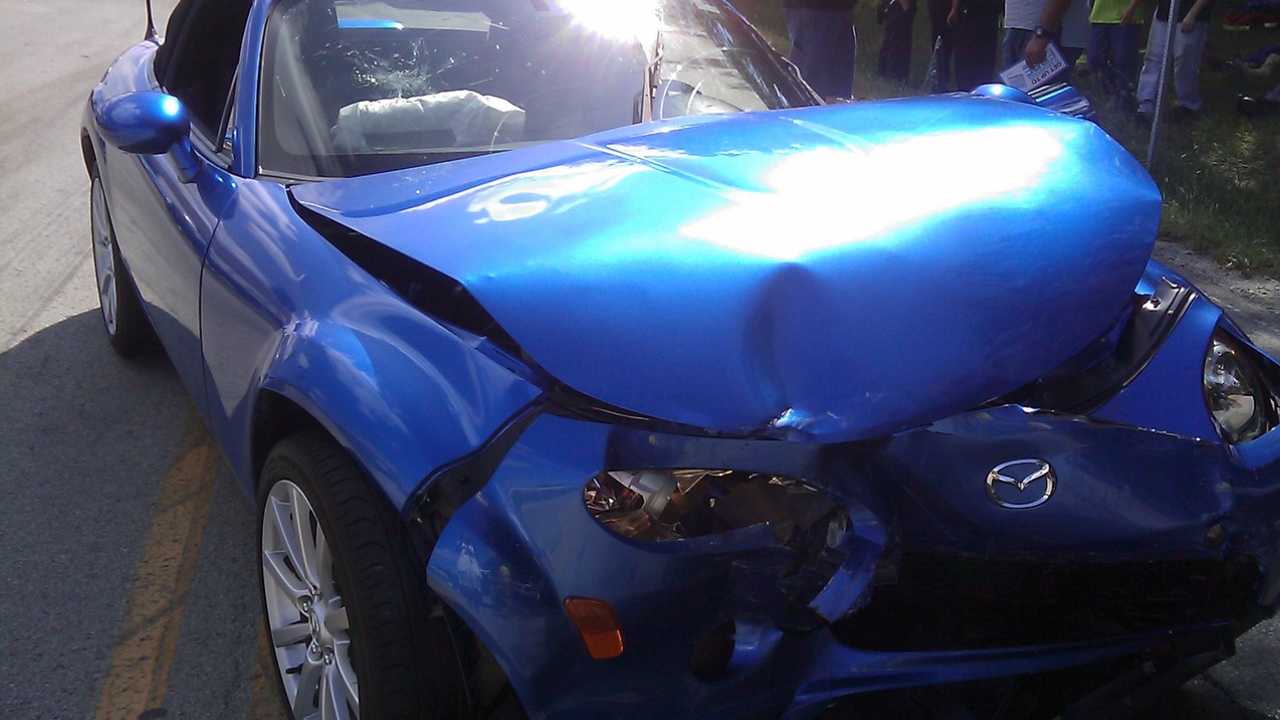

Sponsored Ads

Sponsored Ads

Louisiana, located in the southeastern U.S., has a diverse economy driven by agriculture and tourism. For car accident victims in Louisiana, understanding key state laws is essential for navigating legal claims. Louisiana car accident lawyers emphasize that laws related to fault, insurance requirements, and deadlines for filing lawsuits are crucial for protecting your rights after an accident.
Louisiana's "Fault-Based" System
Louisiana has a "fault-based" system for car accidents. This means that the driver who is held guilty for the accident is liable for the damages. Suppose you're injured, or your car is damaged in an accident. In that case, you can file a claim against the at-fault driver's insurance to recover compensation for medical bills, lost wages, property damage, and other expenses.
Unlike some "no-fault" states where each party deals with their insurance regardless of who is responsible, Louisiana's fault-based system means determining fault is crucial. If the other motorist is deemed to be more than 50% at fault in the accident, they must pay for your losses.
Comparative Fault Rule
Louisiana follows a "comparative fault" rule, which implies that even if you are partially to blame for the accident, you can still receive damages. Your payout will be lowered according to your percentage of blame. If you were determined to be 20% at blame in the accident and your total losses were $10,000, you would be entitled to only $8,000.
This rule encourages victims to be cautious about their actions following an accident since their negligence could reduce the compensation they're eligible to receive.
The Role of Car Accident Attorneys
Given complex accident laws, working with car accident lawyers can be essential in navigating the process. Lawyers can help you identify who was at fault, which is critical because Louisiana's fault based system can result in lengthy court battles. They can also assist with evidence gathering, engage with insurance providers, and, if necessary, represent you in court.
Although not every accident will require legal assistance, having a professional who understands the intricacies of Louisiana's accident laws can provide peace of mind, especially when you're dealing with serious injuries or significant property damage.
Mandatory Insurance Requirements
Louisiana law mandates that drivers carry minimum amounts of liability insurance. The minimum coverage requirements are $15,000 for physical injury per person, $30,000 for bodily harm per accident, and $25,000 for property damage.
If an uninsured driver hits you, Louisiana law compels insurers to provide Uninsured/Underinsured Motorist (UM/UIM) coverage unless you explicitly opt-out in writing. UM/UIM coverage can help you recover compensation if the at fault driver lacks adequate insurance, providing added protection in a state where accidents involving uninsured drivers are not uncommon.
Statute of Limitations
Car accident victims have a limited window of time to file a lawsuit. The statute of limitations for car accidents is one year from the date of the accident. This is a rather short time window compared to other states, so move fast if you intend to file a legal claim.
Reporting Requirements
According to Louisiana law, if an accident causes injury, death, or property damage that is more than $500, you must report it to the police.
Typically, most accidents will exceed this threshold. After reporting the accident, the police will come to the scene, investigate, and file a report. This report becomes an important piece of evidence if you later need to file an insurance claim or take legal action.
To Sum It Up
Louisiana's car accident laws can help you protect your rights after an accident. From knowing that Louisiana is a fault-based state to the comparative fault rule and the one-year statute of limitations, these laws can significantly impact the outcome of your case. Being familiar with mandatory insurance requirements and reporting obligations also ensures you comply with legal standards.
Sponsored Ads

Sponsored Ads

